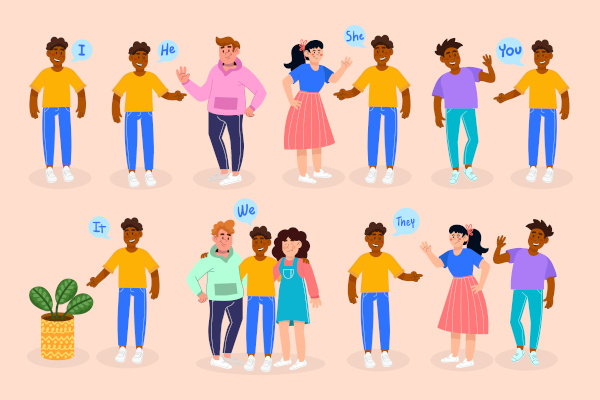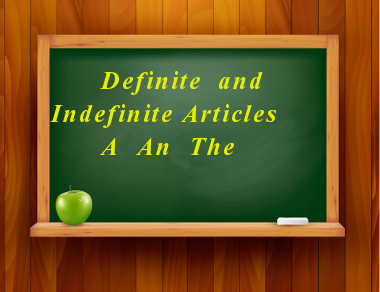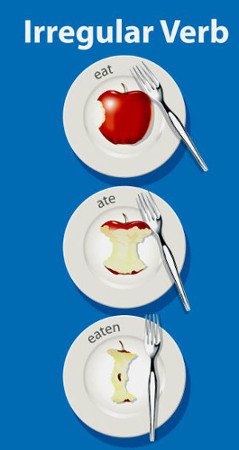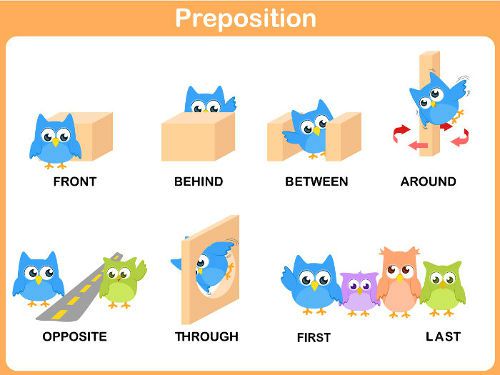Many people don't understand the purpose of using an adverb and as a result, many grammatical mistakes are made. The adverbs are used to describes or modifies a verb, an adjective or another adverb. When we use the adverbs with a verb it'll describe or modify the action, explaining it. / Muitas pessoas não entendem o propósito do uso dos advérbios e, como resultado, muitos erros gramaticais são cometidos. Os advérbios são usados para descrever ou modificar um verbo, um adjetivo ou outro advérbio. Quando usamos os advérbios com um verbo, eles descrevem ou modificam a ação verbal, explicando-a.
Look at the examples: / Veja os exemplos:
a) They quickly walk. / Eles correm rapidamente.
b) He slowly reads. / Ele lê lentamente.
c) She happily smiles. / Ela sorri com muita alegria (ao pé da letra: felizmente).
With other adverbs or adjectives we can add more information about them in the sentences using the adverbs. / Usando os advérbios com outros advérbios ou adjetivos, podemos adicionar mais informação a eles nas frases.
Look at the examples: / Veja os exemplos:
a) They very quickly walk. → In this case QUICKLY (adverb) is describing the word walk. VERY is another adverb, but it's describing the adverb quickly. / Eles andam rapidamente. → Nesse caso, o advérbio Quickly (rapidamente) está descrevendo a palavra walk (anda). Very (muito) é outro advérbio, mas ele está descrevendo o advérbio quickly.
b) She is a very beautiful woman.→ In this case we are using the adverb to modify the adjective. BEAUTIFUL is an adjective describing the noun woman and VERY is an adverb describing the adjective beautiful. / Ela é uma mulher muito bonita. → Nesse caso, usamos o advérbio para modificar o adjetivo. Beautiful/Bonita é um adjetivo descrevendo o substantivo mulher e Very/Muito é um advérbio descrevendo o adjetivo beautiful/ bonita.
If a word is used in a text to modify a verb or an adjective, so we know that's an adverb, because it has this function, it's putted on the text or on the sentence to cause a modification on the elements of the sentence (verb/ adjective/ adverb). / Se uma palavra é usada no texto para modificar um verbo ou um adjetivo, então sabemos que se trata de um advérbio, pois ele tem essa função: é colocado no texto ou na oração para causar uma modificação nos elementos da oração (verbo/ adjetivo/ advérbio).
The presence of -ly in the end of the word is other way to identify the adverb, once that the most part of them present this termination. / A presença do -ly no final da palavra pode ser outro jeito de identificar o advérbio, já que a grande maioria deles apresenta essa terminação, que equivale ao sufixo “mente” no português.
Some examples are: Quickly, happily, sadly, slowly. / Alguns exemplos são: Rapidamente, felizmente, tristemente, vagarosamente.
When we say “She happily walks”, we know that HAPPILY is an adverb for two reasons: 1- because its describing the word walks, and 2- because it ends in -ly. / Quando dizemos “Ela caminha muito contente” (ao pé da letra: felizmente), sabemos que happily (felizmente) é um advérbio por duas razões: 1 – porque está descrevendo a palavra walks (anda), e 2 – porque termina em – ly.
Let's take a look in some examples of adverbs. / Vamos dar uma olhada em alguns exemplos de advérbios.
Examples of adverbs ending with – ly: / Exemplos de advérbios que terminam com – ly:
Eternally → Eternamente
Delicately → Delicadamente
Sorrowfully → Pesarosamente
Beautifully → Belamente
Truthfully → Verdadeiramente
Financially → Financeiramente
Abruptly → Abruptamente
Endlessly → Infinitamente
Delightfully → Prazerosamente
Quickly → Rapidamente
Lightly → Levemente (traduzido ao pé da letra fica iluminadamente)
Examples of adverbs ending with – ly saying how something was done or the manner in which it was done. / Exemplos de advérbios finalizados em – ly que dizem como algo foi feito ou a maneira pela qual foi feita:
Easily → Facilmente
Weirdly → Estranhamente
Cheerfully → Animadamente
Briskly → Agilmente (de forma rápida, ágil)
Sloppily → Desleixadamente
Wickedly → Malvadamente / Perversamente
Randomly → Aleatoriamente
Brutally → Brutalmente / Cruelmente
Really → Realmente
Expertly → Habilmente
The adverbs of frequency, tells us when something happened or happen. Look at the examples: / Os advérbios de frequência indicam quando algo aconteceu ou acontece. Veja alguns exemplos:
Often → Frequentemente
Rarely → Raramente
Usually → Geralmente
Always → Sempre
Never → Nunca
Last → Última (vez)
First → Primeira (vez)
Monthly → Mensalmente
Yesterday → Ontem
Tomorrow → Amanhã
Early → Cedo
Today → Hoje
Later → Mais tarde
Adverbs that describes to what extent an action was executed: / Advérbios que descrevem o nível em que uma ação foi executada:
Very → Muito (usado geralmente para o lado positivo → very happy = muito feliz)
Enough → Suficiente
Too → Muito (usado geralmente para o lado negativo → too tired =muito cansado // too sad = muito triste)
Quite → Completamente / Absolutamente
Almost → Quase
So → Tanto / Daquela maneira/ Assim
Rather → Preferencialmente
We can also use the adverbs to intensify something in the sentence, for example: / Também podemos usar os advérbios para intensificar algo em uma frase, por exemplo:
I really don't want to see you. / Eu realmente não quero ver você.
You simply don’t get it! / Você simplesmente não entende!
I'm certain of my decision about it, I'm sure! / Eu estou certa da minha decisão, tenho certeza!
She literally loves him. / Ela o ama literalmente.
Aproveite para conferir as nossas videoaulas sobre o assunto:










